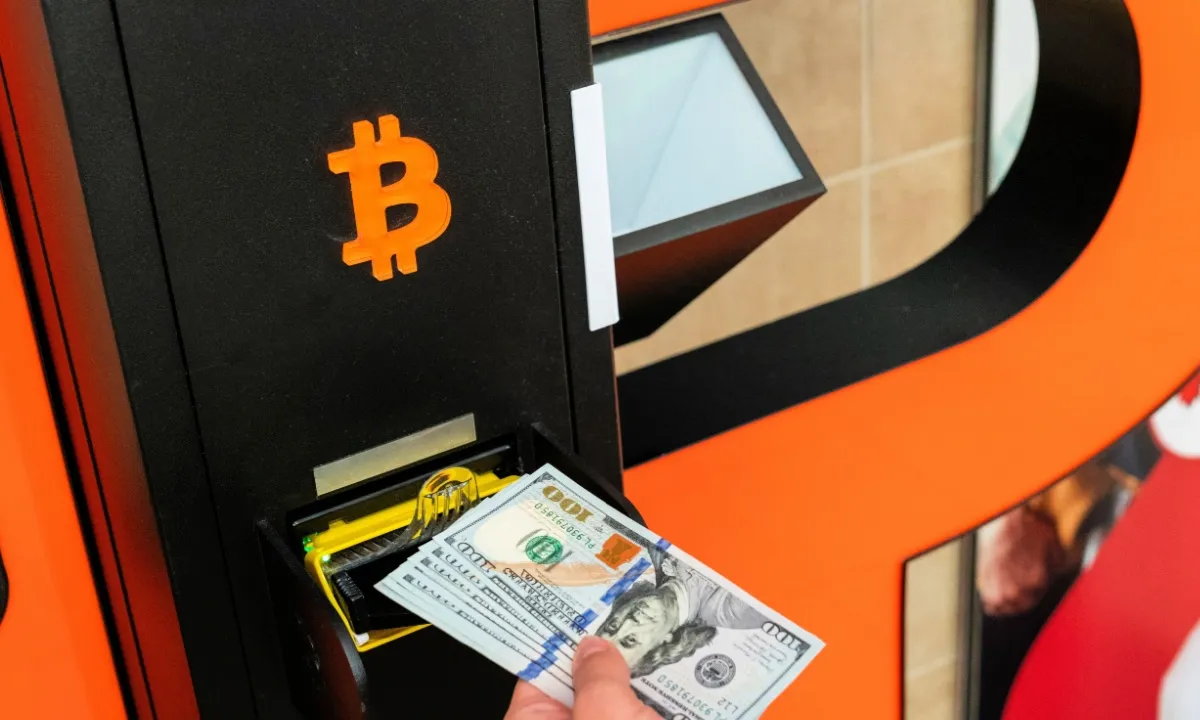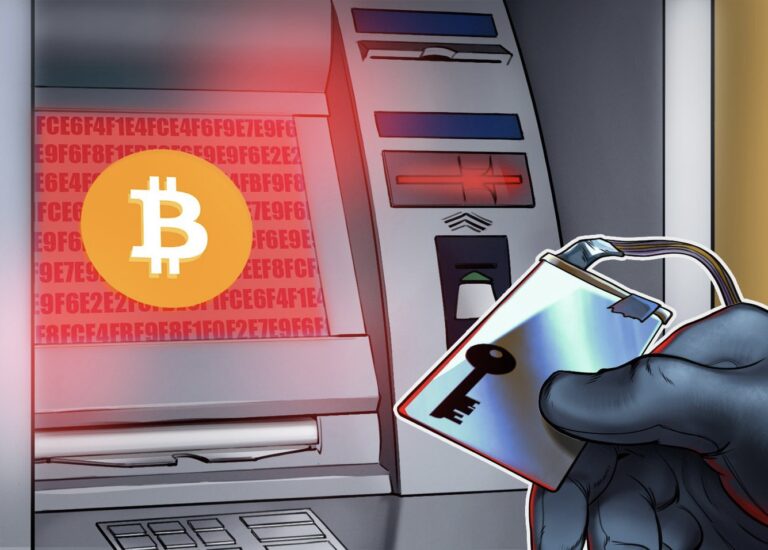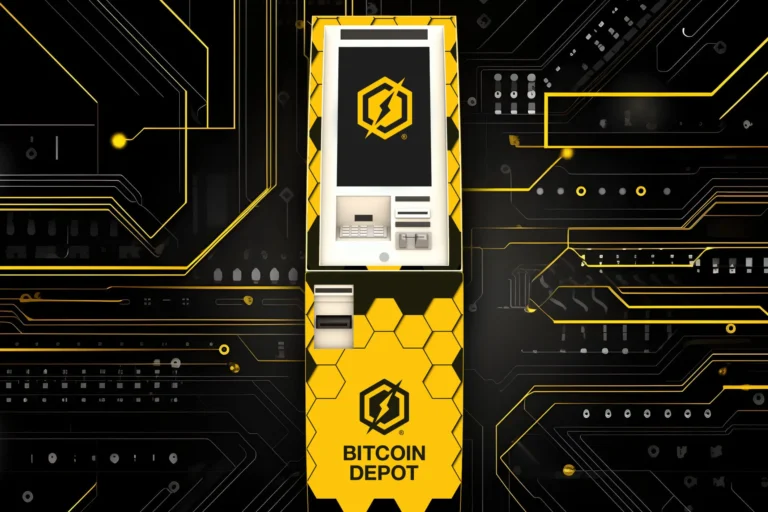As Bitcoin ATMs become more common, they’ve unfortunately also become a popular target for scammers, according to a recent report from the Federal Trade Commission (FTC). The amount of money lost to Bitcoin ATM scams has surged tenfold from 2020 to 2023, jumping from $12 million to $114 million. The losses for 2024 are on track to surpass last year’s total, with $66 million reported lost through June alone.
Scammers exploit Bitcoin ATMs in various schemes, including government impersonation, business impersonation, and tech support scams. They create a sense of urgency to trick consumers into withdrawing cash from their bank accounts and depositing it into a Bitcoin ATM. Once the cash is deposited and the QR code is scanned, it goes directly into the scammer’s crypto wallet, leaving the victim with nothing.
Details and Implications for Crypto Traders:
The increase in scams involving Bitcoin ATMs is more than just a statistic; it represents a significant threat to the integrity of the cryptocurrency market. For crypto traders, this surge in fraudulent activities highlights a crucial issue: the need for enhanced security measures and vigilance.
- Escalating Scams: The FTC’s data shows a dramatic rise in Bitcoin ATM scams. This increase is not merely a trend but a growing problem that can undermine confidence in cryptocurrency transactions. Traders must be aware of these risks, as they can affect market perceptions and, indirectly, market prices.
- Security Measures: The report emphasizes the importance of securing transactions and verifying the legitimacy of any communication involving Bitcoin ATMs. Traders should be cautious about any unsolicited requests for cryptocurrency transactions and always use secure, trusted platforms for their trades.
- Consumer Protection: The FTC’s advice includes avoiding direct responses to unexpected communications and consulting with trusted individuals before making any financial decisions. This guidance is crucial not only for individual consumers but also for traders who might face similar phishing attempts or fraudulent schemes.
- Regulatory Impact: The rising number of scams may prompt regulatory bodies to impose stricter controls on Bitcoin ATMs and cryptocurrency transactions. This could lead to increased compliance costs for traders and businesses involved in crypto transactions.
- Market Sentiment: The increasing prevalence of scams could negatively impact market sentiment. If potential investors and traders perceive cryptocurrencies as risky or unsafe, it might result in reduced market activity or even price declines.



